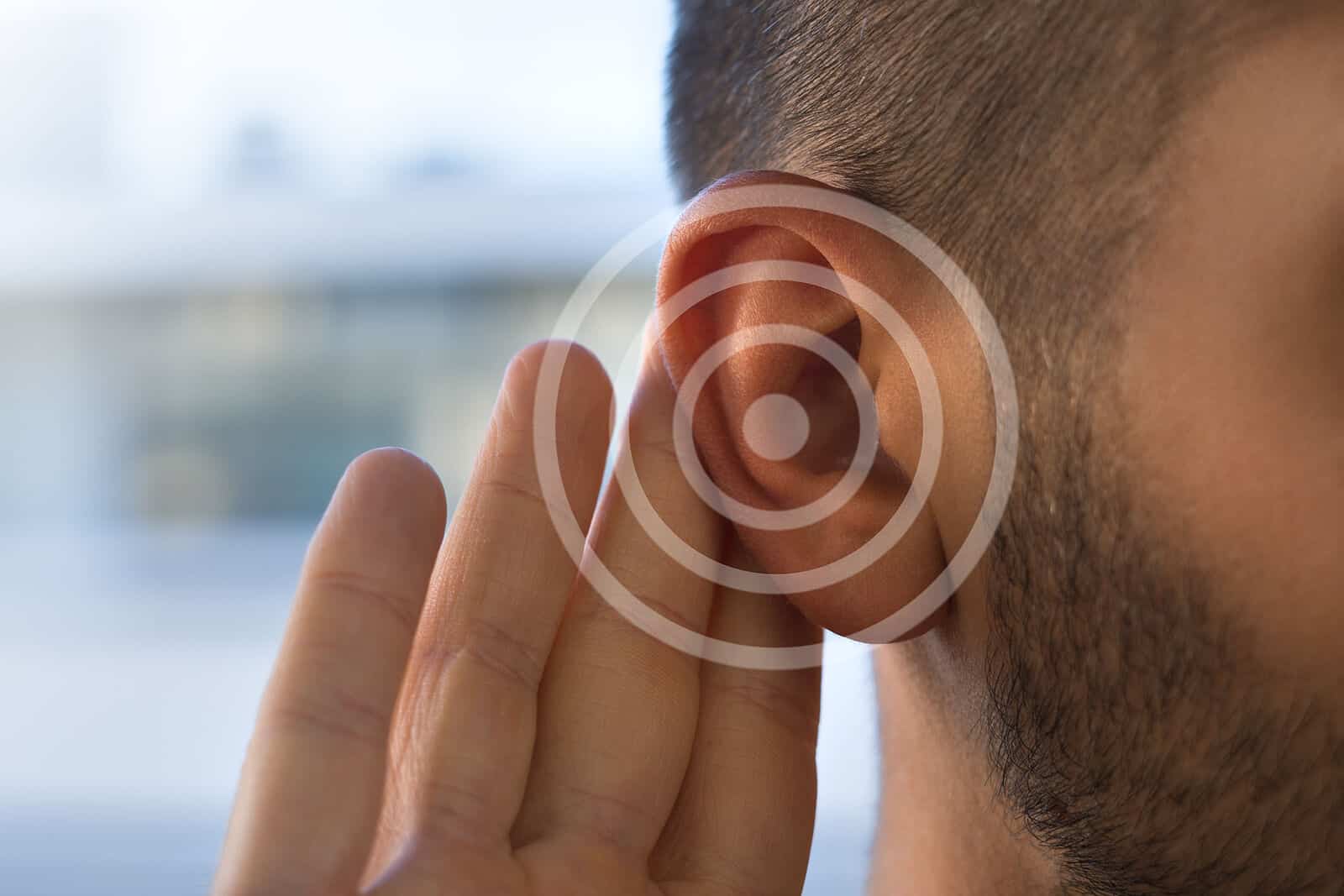Tinnitus, that ringing in your ears, is a common condition affecting millions of people worldwide. It can manifest as buzzing, hissing, whistling, swooshing, or clicking. While there’s no definitive cure for most types of tinnitus, several management strategies can help diminish the condition’s impact on your life. Let’s explore various approaches to tinnitus management that can offer relief.
What is Tinnitus?
Tinnitus is the perception of noise or ringing in the ears. While many people describe it as a ringing or buzzing sound, it can be any type of sound. It’s not a disease in itself but a symptom of an underlying condition, such as age-related hearing loss, ear injury, or a circulatory system disorder.
Living with tinnitus can be challenging. The constant noise can lead to difficulty concentrating, sleep problems, and, in some cases, psychological distress. Thankfully, numerous management techniques can help those with tinnitus lead more comfortable, less disruptive lives.
Tinnitus Management Strategies
Sound Therapy
Sound therapy uses external noise to alter the perception of, or reaction to, tinnitus. This can include low-level background noise, such as white noise, pink noise, or nature sounds. Sound therapy is not a one-size-fits-all solution. Tailoring the therapy to your specific needs is important.
White noise machines can offer a blanket of sound, masking the tinnitus. More personalized sound generators, including hearing aids with built-in tinnitus masking features, allow for frequency matching to your tinnitus, making them less noticeable. Nature sounds and ambient music apps also offer an escape, reducing your perception of tinnitus.
Hearing Aids
Often, those with tinnitus also have some degree of hearing loss. Modern hearing aids are marvels of technology, often equipped with advanced tinnitus management programs. But their utility extends beyond mere amplification. By enhancing ambient sounds, they can make tinnitus less distinct, effectively pushing it to the background. For many, wearing hearing aids results in an immediate reduction in tinnitus perception.
Cognitive Behavioral Therapy
Cognitive behavioral therapy (CBT) and other forms of counseling can be highly effective in reducing the distress associated with tinnitus. This type of therapy helps change the way people react to their tinnitus, by dismantling negative thought patterns and providing coping mechanisms. Individuals learn to challenge and replace negative thoughts related to tinnitus with more balanced, constructive responses. Techniques such as mindfulness and exposure therapy are employed, gradually reducing the emotional impact of tinnitus on one’s life.
Tinnitus Retraining Therapy (TRT)
TRT combines sound therapy with directive counseling to acclimatize the individual to the tinnitus sounds. This approach seeks to retrain the brain to classify tinnitus as a neutral signal, thus diminishing its impact. The journey through TRT is gradual, focusing on long-term adaptation and reduced attention to tinnitus.
Medications
No medication directly cures tinnitus. However, medication can still help. Secondary effects of tinnitus, such as anxiety, sleeplessness, and depression, can be treated with the right medication. Antidepressants and sleep aids can offer relief during particularly challenging periods, serving as part of your tinnitus management plan.
Healthy Lifestyle
A healthy lifestyle can help alleviate tinnitus symptoms. Regular exercise boosts general health and helps manage stress, potentially reducing tinnitus severity. Nutrition plays a role too. Certain foods and substances can exacerbate tinnitus for some individuals. Tracking and adjusting your diet may reveal surprising triggers. Above all, healthy sleep habits can fortify your defenses against the daily intrusions of tinnitus, providing the energy and resilience needed to manage symptoms effectively.
Personalizing Your Management Strategy
The journey to managing tinnitus is highly personal, and what works for one individual may not work for another. A combination of strategies, adjusted over time and fine-tuned to your evolving needs, often yields the best results. Collaboration with healthcare providers, including your hearing health provider, will help you develop a comprehensive plan tailored precisely to you.
When to Seek Help for Tinnitus
If you’re experiencing persistent ringing or other noises in your ears, especially if it’s affecting your quality of life, it’s important to consult with a hearing specialist as soon as possible. Tinnitus can be a symptom of an underlying health condition that may need treatment.
Book Your Next Hearing Test
While living with tinnitus can be difficult, there’s hope in the form of management techniques and treatments. You don’t have to suffer in silence or let tinnitus dictate the terms of your life. With the right strategy and support, you can reclaim your peace of mind and improve your overall well-being.
If tinnitus is bringing you down, don’t wait to get help. Book a hearing test today with a qualified professional who can guide you toward the right management strategy for your unique situation.

